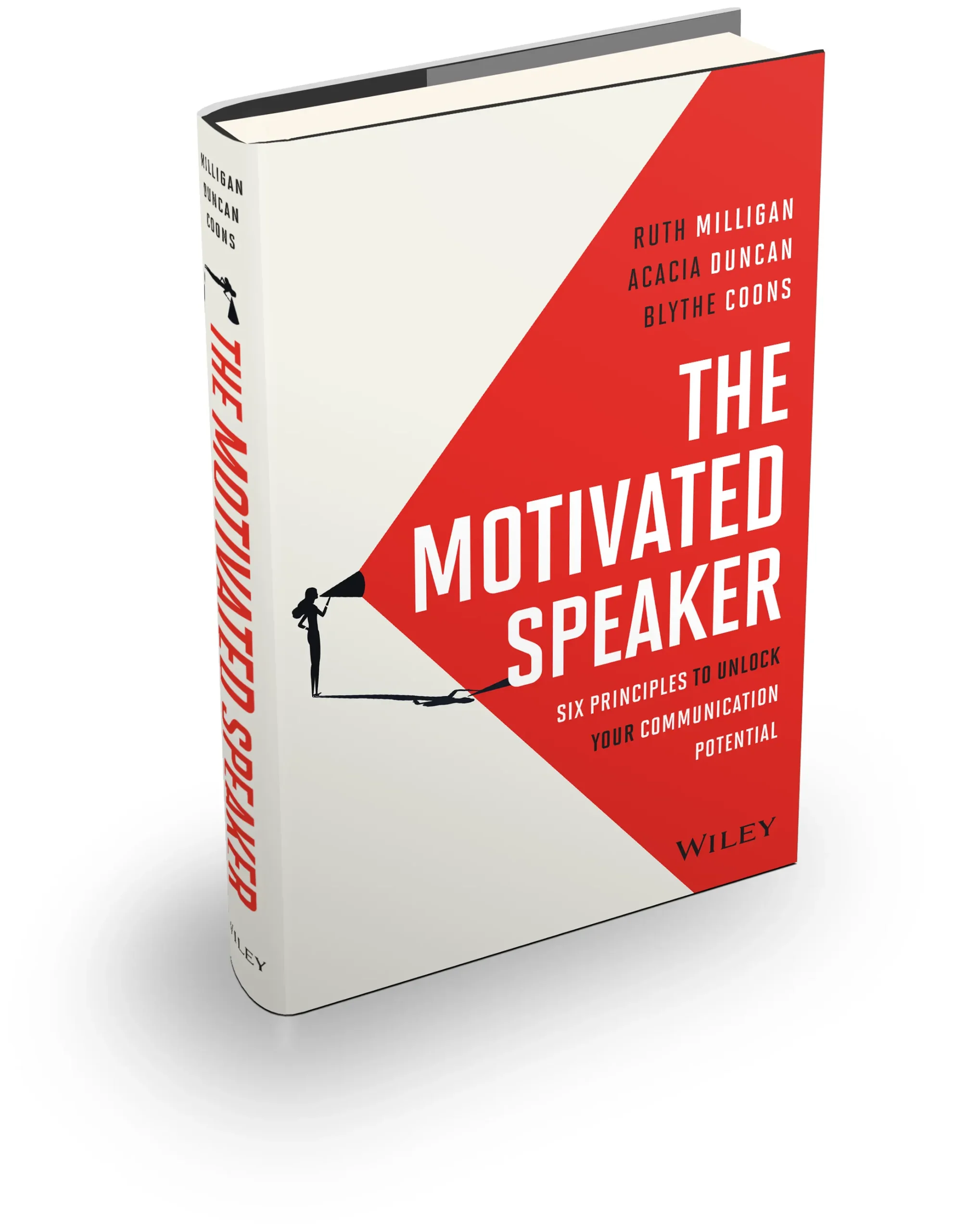A college professor commented that his students were giving him a wide range of feedback on his lectures.
“Some students think I’m the second coming and others think I’m a train wreck. What gives?” Having heard him speak at a public forum and also having had many conversations with him, the answer was pretty simple.
He never really stops.
His brain is really overflowing with insight, experience, ideas and inspiration. What he’s having a hard time doing is knowing that his audience processes his words differently.
Those that think he’s terrific are enthralled with his cadence and can keep up with the ideas. They crave that pace and are energized by it.
Those that want to run out need to process ideas a bit more slowly, or maybe, even at a regular pace.
Keeping in mind we didn’t want to ruin his enthusiastic banter, I offered a solution: build a suite of tools that force you to pause or stop. Here are some for him, (and you if you have this issue), to consider using:
A. Within your outline, write the word STOP or PAUSE (pretty obvious, eh?) what might be every 3-4 minutes.
B. Take a drink of water and don’t be in a race to start talking after you have swallowed. Ease back into the thought slowly.
C. Insert points where you offer opportunities to ask questions. Toss the dialogue around the room instead of only from your voice.
D. Build in more formal discussion opportunities among the group. Invite someone to come to the chalkboard as you facilitate a brainstorm or solve a problem.
E. Intentionally invite someone to co-present with you when possible. This takes more preparation, but it does have the built in benefit of the pause.
F. Recap your thoughts in your conclusion. This will allow those in the audience who might have missed them the first time to hear them in summary.
Remember, talking without pausing is much like reading without punctuation. The brain doesn’t have the ability to process very easily, which causes your presentation to essentially be unheard.

